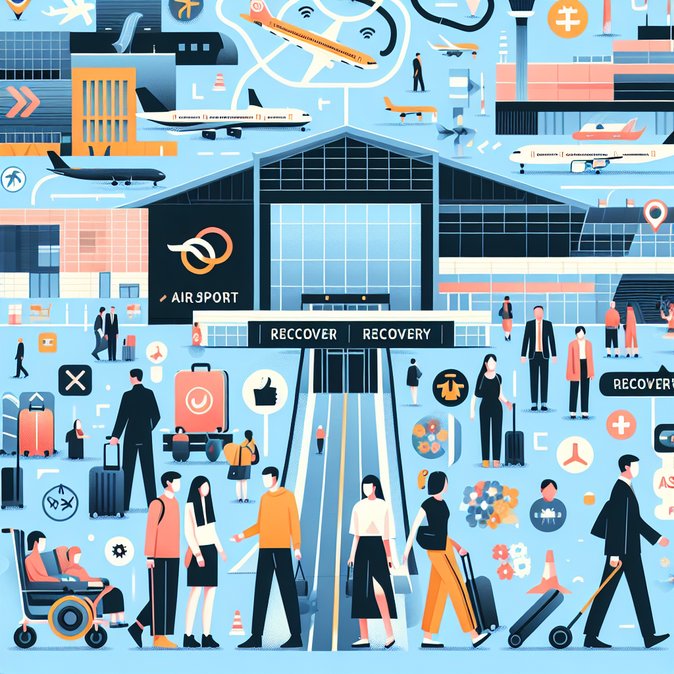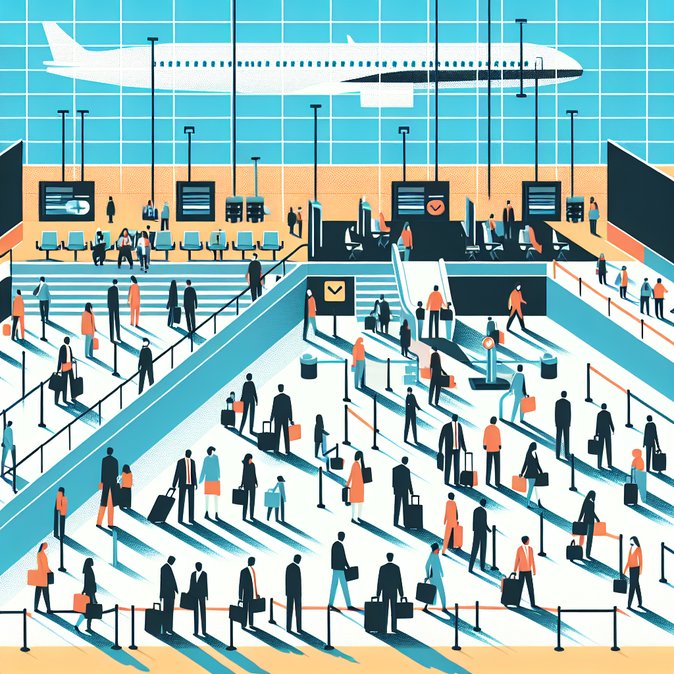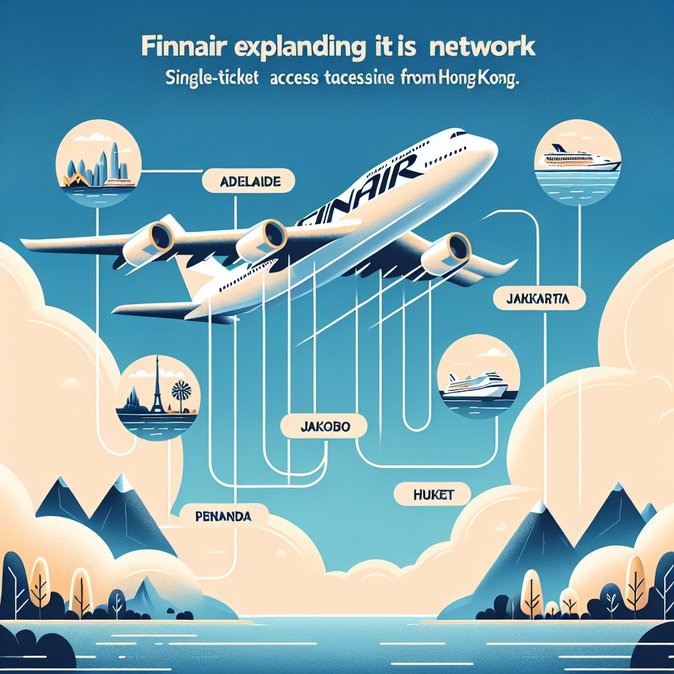
Finland’s flag-carrier Finnair quietly expanded its partnership with Cathay Pacific on 10 November, placing its ‘AY’ code on six additional routes operated by the Hong Kong airline. The new destinations—Adelaide, Colombo, Jakarta, Penang, Phuket and Surabaya—open up one-stop itineraries for Finnish business travellers and expatriates without the need for time-consuming connections in Europe’s hub airports.
Under the refreshed deal, passengers can book a single Finnair ticket from Helsinki to Hong Kong and onward to the six cities, earning Finnair Plus or oneworld status points throughout the journey. The move is strategically important because Finnair’s own long-haul network is still constrained by the closure of Russian airspace, which has made most of its historic ‘short-northern-polar’ routings to Asia commercially unviable. By leveraging Cathay Pacific’s southeast-Asia coverage, Finnair recovers some of the network reach it lost after 2022 while maintaining competitive connection times.
![Finnair adds six Asia-Pacific cities through deeper Cathay Pacific codeshare]()
Corporate mobility teams stand to gain. Finnish companies with operations in Australia’s mining and clean-tech sectors, Indonesia’s forestry industry, Malaysia’s semiconductor supply chain or Thailand’s northern tourism clusters can now move staff and project cargo with greater predictability. Travel-programme managers should note that the codeshare also harmonises fare construction rules, meaning existing Finnair corporate deals generally apply to the Cathay-operated legs.
From Cathay Pacific’s perspective, the tie-up boosts loads on its rebuilt long-haul schedule while giving European corporate travellers an alternative to Gulf carriers on Kangaroo-route itineraries. Analysts expect Finnair will reciprocally host Cathay flight numbers on select Nordic and Baltic routes in early 2026, increasing Hong Kong’s connectivity to secondary Northern-European markets.
The partnership underscores a broader trend: Nordic airlines are deepening strategic alliances to offset geopolitical headwinds. As Russian airspace remains off-limits, codeshares and joint ventures are becoming essential for maintaining Finland’s global mobility links. Multinationals should monitor these arrangements closely; they can unlock faster visa processing (through interline documentation sharing) and more flexible rebooking options during disruptions.
Under the refreshed deal, passengers can book a single Finnair ticket from Helsinki to Hong Kong and onward to the six cities, earning Finnair Plus or oneworld status points throughout the journey. The move is strategically important because Finnair’s own long-haul network is still constrained by the closure of Russian airspace, which has made most of its historic ‘short-northern-polar’ routings to Asia commercially unviable. By leveraging Cathay Pacific’s southeast-Asia coverage, Finnair recovers some of the network reach it lost after 2022 while maintaining competitive connection times.

Corporate mobility teams stand to gain. Finnish companies with operations in Australia’s mining and clean-tech sectors, Indonesia’s forestry industry, Malaysia’s semiconductor supply chain or Thailand’s northern tourism clusters can now move staff and project cargo with greater predictability. Travel-programme managers should note that the codeshare also harmonises fare construction rules, meaning existing Finnair corporate deals generally apply to the Cathay-operated legs.
From Cathay Pacific’s perspective, the tie-up boosts loads on its rebuilt long-haul schedule while giving European corporate travellers an alternative to Gulf carriers on Kangaroo-route itineraries. Analysts expect Finnair will reciprocally host Cathay flight numbers on select Nordic and Baltic routes in early 2026, increasing Hong Kong’s connectivity to secondary Northern-European markets.
The partnership underscores a broader trend: Nordic airlines are deepening strategic alliances to offset geopolitical headwinds. As Russian airspace remains off-limits, codeshares and joint ventures are becoming essential for maintaining Finland’s global mobility links. Multinationals should monitor these arrangements closely; they can unlock faster visa processing (through interline documentation sharing) and more flexible rebooking options during disruptions.


